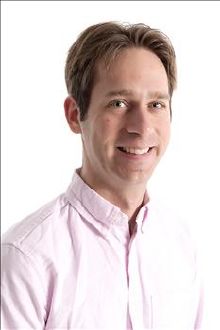
 Speaker "David Freeman" Details Back
Speaker "David Freeman" Details Back

-
Name
David Freeman
-
Company
Linkedin
-
Designation
Head Of Security Data Science
Topic
Data Science Vs The Bad guys: using Data to Defend Linkedin against Fraud and Abuse
Abstract
As the world’s largest professional network, LinkedIn is subject to a barrage of fraudulent and/or abusive activity aimed at its member-facing products. LinkedIn’s Security Data Science team is tasked with detecting bad activity and building proactive solutions to keep it from happening in the first place. In this talk we’ll explore various types of abuse we see at LinkedIn and discuss some of the solutions we’ve built to defend against them, focusing on fake accounts and account takeover. Some common themes include: - Precision/recall tradeoffs: No model is 100% accurate, so we must always make a call on where to draw the line when flagging accounts or activity as abusive. What’s the cost of labeling a good member as bad vs. labeling a bad member as good? - Online/offline tradeoffs: Online models can stop fraudulent activity before it has a chance to gain traction; offline models can use more data and cast a wider net, while also requiring less engineering effort to build. For any given abuse pattern, we must consider whether we can detect and stop the activity in real-time and also whether it’s worth the effort to do so. - Machine learning vs. heuristic rules: Machine-learned models can be very powerful, but they also require sufficient well-labeled training data and are more difficult to maintain. Heuristic (though still data-driven!) rules can often achieve 90% of the goal with 10% of the effort — but how do you tell when this is the case?
Profile
Dr. Freeman is head of Security Data Science at LinkedIn, where he leads a team charged with detecting and preventing fraud and abuse across the LinkedIn site and ecosystem. He has a Ph.D. in mathematics from UC Berkeley and did postdoctoral research in cryptography and security at CWI and Stanford University.